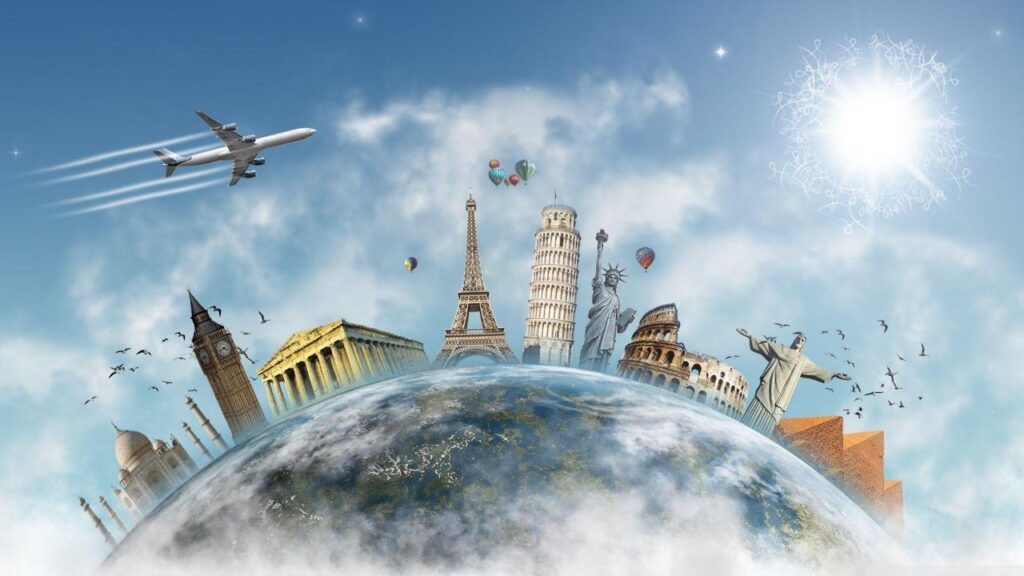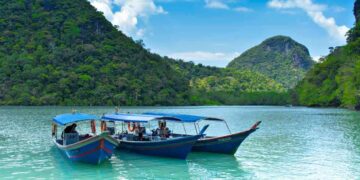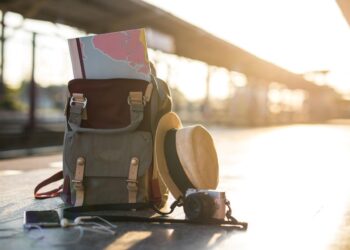The human spirit possesses an innate drive to explore different worlds – not just geographical landscapes, but also the myriad realms of human experience, knowledge, culture, and inner consciousness. This journey of exploration is a fundamental aspect of personal growth, fostering adaptability, empathy, and a profound understanding of our place in the vast universe. This extensive article will guide you through the transformative power of exploring diverse worlds, offering practical frameworks for identifying your next frontier, navigating the challenges inherent in venturing beyond the familiar, and integrating these profound experiences into a richer, more meaningful life.
The Inherent Human Impulse to Explore
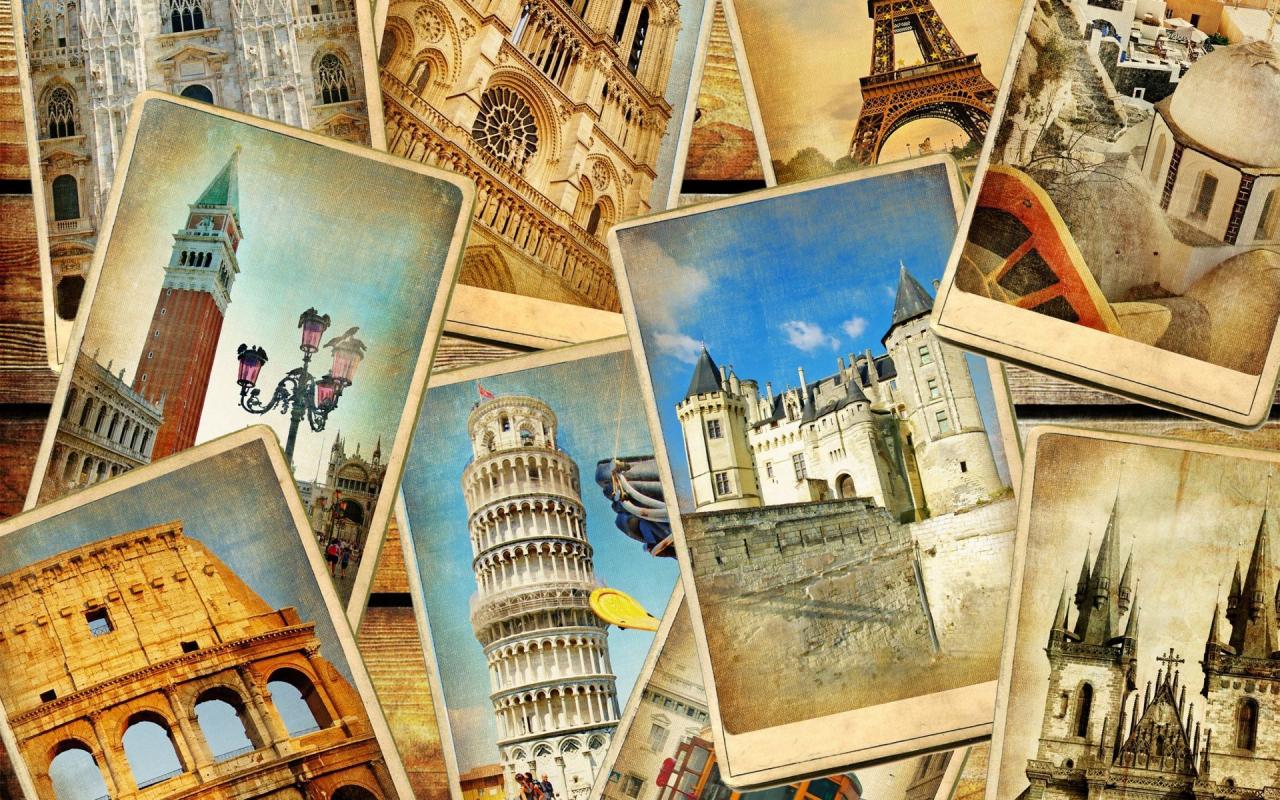
What compels us to constantly push boundaries, to question what we know, and to seek out novel experiences? This impulse to explore is deeply rooted in our evolutionary history and our psychological makeup.
A. Overcoming Stagnation and Routine: Life, left unexamined, can fall into predictable patterns. Exploration acts as an antidote to monotony, injecting fresh perspectives, challenges, and excitement that revitalizes our minds and spirits. It combats the dulling effect of familiarity.
B. Fueling Curiosity and Discovery: From childhood, we are wired to ask “why” and “how.” Exploration is the adult manifestation of this fundamental curiosity, leading to new discoveries about the world around us and, crucially, about ourselves. It’s the pursuit of answers to life’s grand and small questions.
C. Cultivating Adaptability and Resilience: Venturing into different worlds invariably presents unfamiliar situations, unexpected obstacles, and moments of discomfort. Navigating these challenges builds resilience, enhances problem-solving skills, and teaches us to adapt quickly to changing circumstances. These experiences forge inner strength.
D. Broadening Perspectives and Fostering Empathy: Encountering diverse cultures, alternative viewpoints, and different ways of living fundamentally expands our worldview. It challenges preconceived notions, breaks down biases, and cultivates a deeper sense of empathy and understanding for others. This is critical for global citizenship.
E. Unlocking Personal Growth and Self-Awareness: True exploration is often an internal journey as much as an external one. By stepping outside our comfort zones, we confront our fears, discover hidden strengths, and gain profound insights into our values, passions, and true capabilities. It’s a mirror reflecting our evolving selves.
The Diverse Worlds Awaiting Discovery
“Different worlds” can manifest in countless forms, from the tangible and distant to the abstract and internal. Identifying which world calls to you is the first step toward a transformative experience.
A. Geographical Worlds: Ventures Across Lands and Seas: These are the most direct forms of exploration, involving physical travel.
1. Cultural Ecosystems: Immersing oneself in foreign societies, from bustling megacities to remote indigenous communities. This means living among locals, learning their language, participating in daily rituals, and understanding their social structures. Examples include backpacking through South America, living in a traditional Japanese village, or exploring the nomadic cultures of Mongolia.
2. Wilderness Frontiers: Venturing into untamed natural landscapes, such as dense rainforests, vast deserts, towering mountain ranges, or pristine coral reefs. These explorations often require physical endurance, survival skills, and a deep appreciation for the raw power of nature. Think scientific expeditions to remote islands or extended treks in untouched national parks.
3. Historical Epochs (through sites): Exploring the remnants of past civilizations and historical events by visiting ancient ruins, archaeological sites, battlefields, or historical cities. This allows us to connect with the human story across time and understand the forces that shaped the present. Examples include tracing the Silk Road, exploring the pyramids of Egypt, or walking the ancient paths of Rome.
B. Intellectual Worlds: Journeys of the Mind: Exploration is profoundly intellectual, pushing the boundaries of knowledge and understanding.
1. Scientific Disciplines: Deeply exploring a specific branch of science, from quantum physics and astrophysics to neurobiology and ecology. This involves rigorous study, experimentation, and contributing to humanity’s collective knowledge. It’s a quest for understanding the universe itself.
2. Philosophical Frameworks: Delving into different schools of thought, examining fundamental questions about existence, ethics, knowledge, and reality. This involves critical thinking, philosophical debates, and an openness to challenging one’s own assumptions. It’s an exploration of the very nature of thought.
3. Artistic Expressions: Immersing oneself in the creation or study of diverse art forms—music, literature, visual arts, performing arts—from different cultures and historical periods. This explores the depths of human creativity, emotion, and communication. Think mastering a complex musical instrument or delving into the nuances of classical poetry.
C. Skill-Based Worlds: Realms of Mastery and Craftsmanship: The journey of mastering a new skill is an exploration in itself.
1. Technical Proficiencies: Exploring the intricate world of coding, engineering, data science, or advanced robotics. This involves dedicated learning, problem-solving, and continuous adaptation to new technologies.
2. Traditional Crafts: Immersing oneself in ancient crafts like blacksmithing, pottery, weaving, or carpentry. This connects you to history, discipline, and the satisfaction of creating tangible objects with your hands.
3. Athletic Prowess: Dedicating oneself to mastering a sport or physical discipline, pushing the limits of human capability and understanding the body’s potential. This is an exploration of physical and mental discipline.
D. Inner Worlds: The Landscape of Self: Perhaps the most profound explorations occur within our own consciousness.
1. Emotional Intelligence: Exploring the nuances of human emotions, learning to understand, process, and regulate one’s own feelings, and empathize more deeply with others. This journey enhances all relationships.
2. Spiritual and Contemplative Practices: Delving into meditation, mindfulness, yoga, or other spiritual traditions. This is a quest for inner peace, self-awareness, and a deeper connection to something greater than oneself.
3. Shadow Work and Trauma Healing: Courageously exploring past traumas, unconscious patterns, and limiting beliefs to achieve psychological liberation and greater authenticity. This is a deeply challenging but immensely rewarding inner journey.
E. Digital Worlds: The Expanses of the Internet and Virtual Reality: In the 21st century, new frontiers exist online.
1. Virtual Reality and Metaverse Exploration: Immersing oneself in simulated environments, interacting with digital avatars, and experiencing entirely new forms of sensory input and social interaction.
2. Online Communities and Fandoms: Deeply exploring niche online worlds dedicated to specific interests, games, or subcultures, understanding their dynamics, language, and social structures.
3. Digital Content Creation: Venturing into the world of blogging, vlogging, podcasting, or streaming, exploring the dynamics of online communication, audience engagement, and digital storytelling.
Strategic Preparation for Exploration
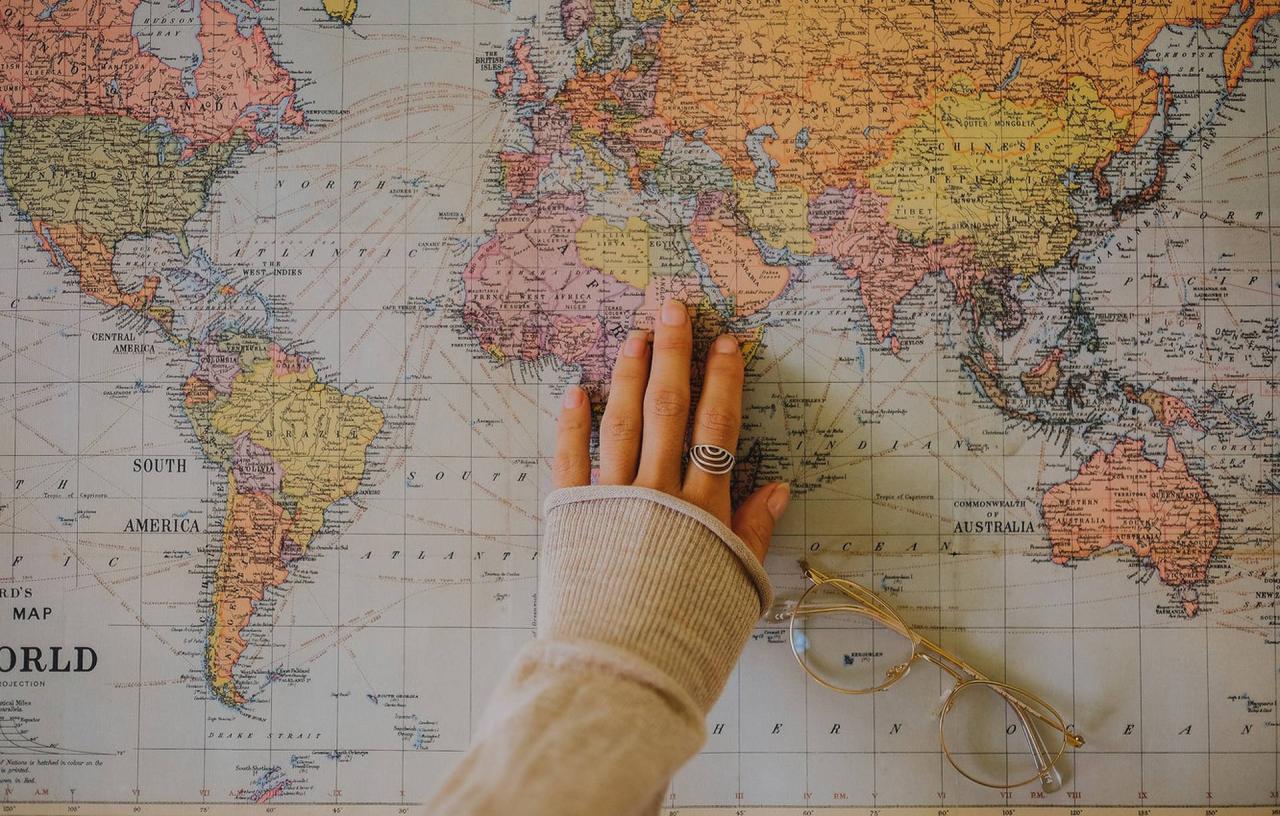
True exploration requires more than just curiosity; it demands thoughtful planning and a proactive approach to resource management and risk mitigation.
A. Define Your Explorer’s Purpose: Before embarking, articulate why you want to explore this particular “world.” What knowledge do you seek? What skills do you wish to acquire? What personal transformation do you envision? A clear purpose acts as your compass.
B. Conduct Extensive Reconnaissance (Research): Knowledge is your most valuable tool.
1. For Geographical Worlds: Research climate patterns, cultural norms, visa requirements, safety advisories, local transportation, communication options, and ethical tourism guidelines. Utilize government travel sites, academic resources, and reputable travel blogs.
2. For Intellectual/Skill-Based Worlds: Identify leading experts, seminal texts, best learning platforms, potential mentors, and the necessary tools or software. Understand the prerequisites and the typical learning curve.
3. For Inner/Digital Worlds: Research different methodologies, ethical considerations, potential risks (e.g., digital addiction, emotional triggers), and relevant support communities or professional guidance.
C. Resource Management: Time, Finances, and Energy: Exploration requires significant investment.
1. Financial Strategy: Create a detailed budget covering all foreseen expenses (e.g., travel, courses, equipment, living costs, emergency fund). Explore funding options like savings, grants, scholarships, or temporary work. Understand currency exchange and payment methods.
2. Time Commitment: Realistically assess how much time you can dedicate. Some explorations require months or years of focused effort, while others might be intensive bursts.
3. Energy and Well-being: Recognize that exploration can be draining. Plan for rest, self-care, and maintaining a healthy balance to prevent burnout.
D. Skill Development and Training: Prepare yourself physically, mentally, and technically.
1. Physical Conditioning: For physically demanding explorations (e.g., trekking), develop a tailored fitness regimen.
2. Mental Fortitude: Practice mindfulness, resilience exercises, and problem-solving techniques. Develop comfort with ambiguity and uncertainty.
3. Specific Knowledge: Acquire foundational knowledge or skills relevant to your chosen world (e.g., basic language phrases, coding fundamentals, meditation techniques).
E. Building a Support Network: No explorer succeeds entirely alone.
1. Inform Loved Ones: Share your plans and motivations with family and friends. Secure their understanding and emotional support. Establish communication protocols.
2. Seek Mentors and Guides: Connect with experienced individuals who have explored similar worlds. Their insights can save you time and prevent common pitfalls.
3. Join Communities: Engage with online forums, local clubs, or groups that share your exploratory interests. This provides camaraderie, shared knowledge, and motivation.
Embarking on Your Exploration
With thorough preparation complete, it’s time to take the leap. This phase is about being present, open to learning, and adaptable to whatever unfolds.
A. Cultivate an Explorer’s Mindset: Openness and Curiosity: Approach every experience with a sense of wonder and a willingness to be surprised.
1. Embrace Discomfort: Real growth happens outside your comfort zone. Lean into moments of challenge and uncertainty.
2. Suspend Judgment: When encountering unfamiliar customs, ideas, or practices, try to understand them from their own context before forming an opinion.
3. Ask Questions: Don’t be afraid to ask for clarification, guidance, or deeper insights. Everyone you meet is a potential teacher.
B. Practice Profound Presence and Engagement: To truly explore, you must be fully present.
1. Mindful Immersion: Whether observing a new species, debugging complex code, or engaging in a deep conversation, fully engage your senses and your intellect.
2. Minimize Distractions: Actively reduce digital noise and other interruptions that pull your attention away from the current experience. Practice digital detoxes.
3. Savor the Small Discoveries: Don’t just focus on the grand objective. Appreciate the nuanced details, the unexpected insights, and the subtle shifts in understanding.
C. Forge Authentic Connections: Interactions with others enrich any exploration.
1. Engage with Locals/Experts: Seek out opportunities to connect with people who are native to the “world” you are exploring, whether they are cultural guides, academic specialists, or experienced practitioners.
2. Listen Deeply: Practice active listening. Pay attention not just to words, but to context, emotion, and underlying meaning.
3. Be Respectful: Always approach interactions with humility, respect for diverse perspectives, and a willingness to learn.
D. Prioritize Self-Care and Well-being Amidst the Journey: Exploration can be demanding.
1. Adequate Rest and Nutrition: Ensure you are getting enough sleep and maintaining a healthy diet to sustain your energy levels.
2. Emotional Regulation: Be aware of your emotional state. Practice stress-reduction techniques and seek support if you experience emotional fatigue or loneliness.
3. Physical Well-being: Listen to your body and don’t push yourself beyond safe limits. Stay hydrated.
E. Document Your Discoveries and Evolution: Create a record of your journey.
1. Journaling: Regularly write down your observations, insights, challenges, and personal growth. This helps process experiences and serves as a valuable memory aid.
2. Photography/Videography: Capture visual records, but ensure they enhance, rather than detract from, your present experience.
3. Collect Meaningful Artifacts: Gather tangible items that represent significant moments or learnings from your exploration.
Overcoming Challenges in Exploration
Even the most well-planned explorations encounter unforeseen obstacles. How you navigate these “wilds” defines the depth of your experience and your growth.
A. Embrace the Unexpected as Part of the Journey: View setbacks not as failures, but as integral components of the exploration. They often lead to the most valuable lessons.
B. Develop Robust Problem-Solving Skills:
1. Calm Assessment: When faced with an obstacle, avoid panic. Take a breath and objectively assess the situation.
2. Creative Solutions: Think outside the box. Sometimes, the best solution is unconventional.
3. Prioritize and Act: Break down overwhelming problems into smaller steps and focus on the most immediate actionable solution.
C. Cultivate Extreme Resilience and Perseverance: There will be moments of doubt, frustration, or exhaustion.
1. Reaffirm Your Purpose: Remind yourself of your initial “why” and the long-term benefits of your exploration.
2. Positive Self-Talk: Challenge negative thoughts and reinforce your ability to overcome.
3. Small Victories: Celebrate incremental progress. Each small step forward builds momentum.
D. Leverage Your Support System: Don’t hesitate to reach out for help.
1. Seek Guidance: Contact your mentors, trusted friends, or family.
2. Local Expertise: If in a foreign environment, seek advice from locals or trusted guides.
3. Professional Assistance: For serious issues (health, safety, legal), utilize emergency services or consular support.
E. Learn Continuously from Every Obstacle: Every challenge offers a lesson.
1. Post-Mortem Analysis: After overcoming a hurdle, reflect on what went wrong and how you could respond differently in the future.
2. Adapt Your Approach: Use new insights to refine your strategies, modify your plan, or adjust your expectations. This iterative process is key to long-term success.
The Discoveries and Further Expedition Plans
The exploration doesn’t end with a physical return or the completion of a specific goal. The most profound part is often the integration of new knowledge and experiences into your evolving self.
A. Deep Reflection and Assimilation: Take intentional time to process your discoveries.
1. Review Documentation: Revisit your journals, photos, and any collected artifacts. What new insights or perspectives did you gain?
2. Share Your Story: Articulate your experiences with friends, family, or relevant communities. Verbalizing your journey helps solidify its meaning.
3. Creative Expression: Consider using art, writing, or other creative outlets to process and express the depth of your exploration.
B. Apply New Knowledge and Skills to Your Daily Life: Don’t let your discoveries remain in the abstract.
1. Implement New Practices: Did you learn a new language? Keep practicing. Did you develop greater resilience? Apply it to everyday challenges.
2. Shift Your Perspective: Allow your expanded worldview to influence your decisions, interactions, and understanding of global issues.
3. Integrate Insights: Use your newfound self-awareness to make choices aligned with your values and purpose.
C. Manage Re-Entry and Potential Culture Shock: Especially after extensive geographical or immersive explorations.
1. Patience and Self-Compassion: Understand that readjustment takes time. You are changed, and your home environment might feel different.
2. Gradual Reconnection: Ease back into routines and social circles. Avoid overwhelming yourself immediately.
3. Find Local Echoes: Seek ways to continue the spirit of exploration in your own environment (e.g., trying new cuisines, exploring local history).
D. Inspire Others Through Your Narrative: Your journey can be a powerful catalyst for others.
1. Authentic Storytelling: Share your experiences, including challenges and triumphs, with honesty and passion.
2. Mentorship: If appropriate, offer guidance to others considering similar explorations.
3. Content Creation: Consider creating a blog, book, podcast, or presentation to share your insights more broadly and inspire a wider audience.
E. Fuel Your Next Expedition: The Continuous Cycle of Exploration: The completion of one journey often sparks the desire for the next.
1. Maintain a “Discovery List”: Keep a running tally of future worlds you wish to explore, skills to acquire, or contributions to make.
2. Leverage New Confidence: Use the enhanced self-assurance and wisdom gained from your last exploration to dream bigger and plan your next.
3. Embrace Lifelong Learning: Recognize that life itself is a continuous series of explorations, each contributing to a richer, more fulfilling existence.
Conclusion
The human experience is an invitation to explore different worlds—not just those on a map, but the boundless realms of knowledge, creativity, self, and human connection. By consciously embracing this innate drive, preparing diligently, navigating challenges with resilience, and thoughtfully integrating your discoveries, you don’t merely exist; you thrive. You transform from a passive observer into an active participant in the grand adventure of life. So, discard the confines of the familiar, ignite your curiosity, and dare to venture beyond. The universe of possibilities awaits. What new world will you explore first?

